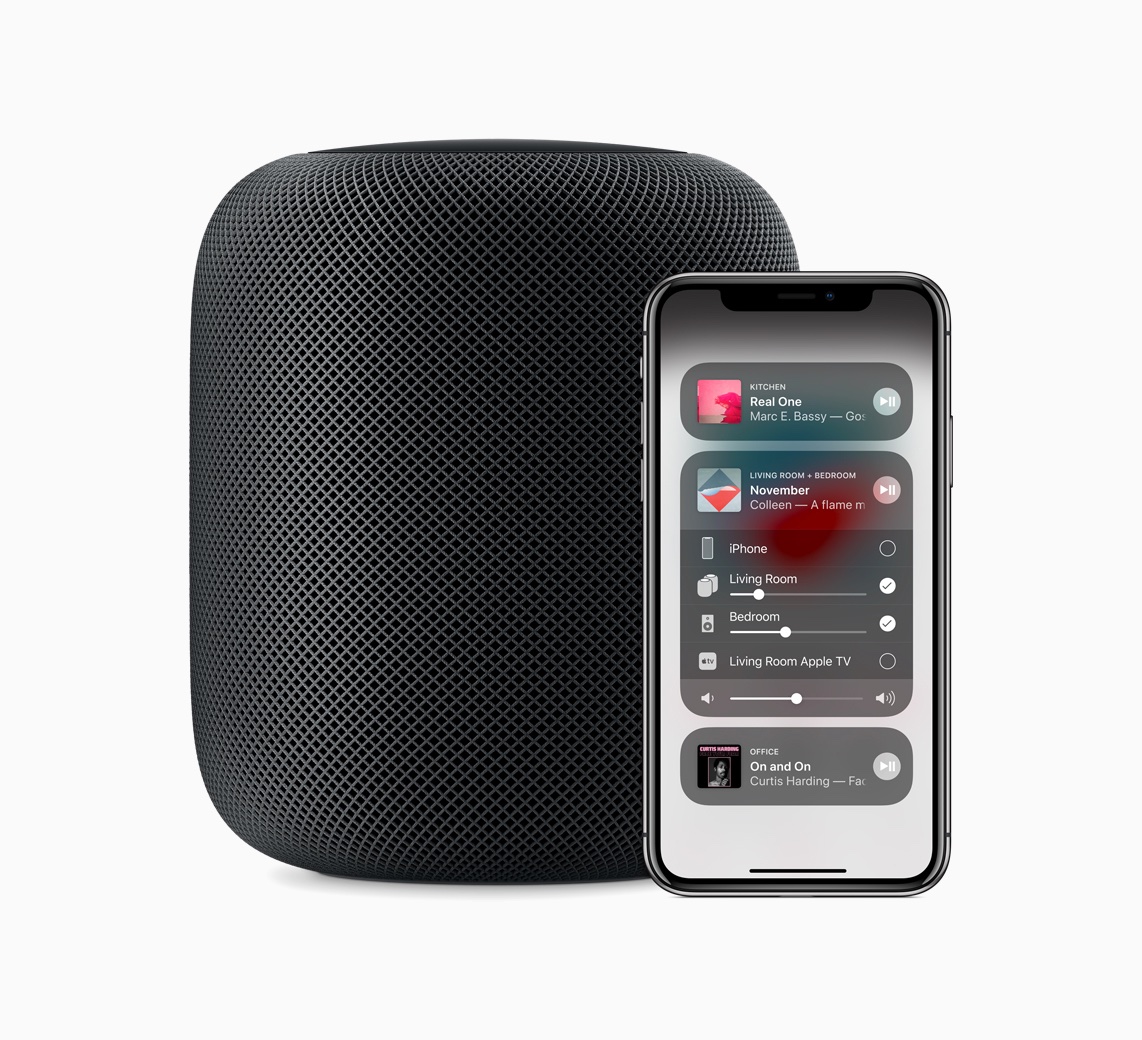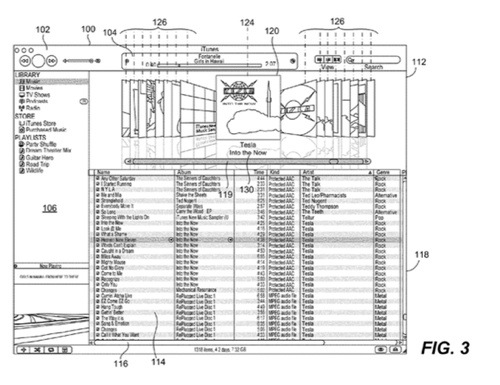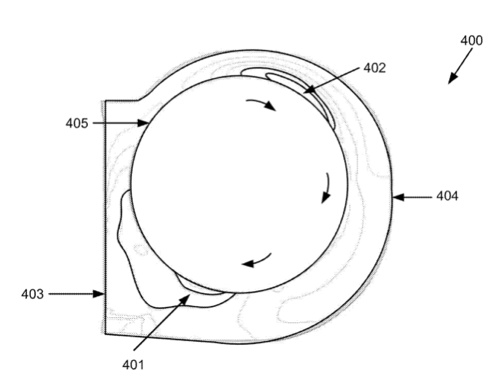The global wireless speakers’ market was valued at about $12.32 billion in 2018 and is expected to grow to $23.76 billion at an annual growth rate of nearly 18% through 2022, according to the Business Research Company (www.thebusinessresearchcompany.com). Driving the market is the increased preference for portable speakers, the research group adds.
This is mainly because wireless speakers come at affordable prices and are convenient to use. In addition, increasing smartphone penetration has led to an increase in preference for swift functionality in the form of smart portable devices, resulting in further use of portable wireless speakers, notes Business Research Company.
According to a report published by Deloitte in December 2018, smart speakers—internet-connected speakers with integrated digital voice assistants—are the fastest-growing connected device category worldwide in 2019. The report showed that the sales of smart speakers increased from 98 million units for a total industry revenue of $4.3 billion in 2018 to 164 million units for a total industry revenue of $7 billion in 2019.
Business Research Company says advanced technologies such as AI-assisted devices are an emerging trend in the global wireless speakers’ market. This is mainly due to ease of use of AI-enabled wireless speakers that provide features such as voice recognition, allowing users to control the functioning of the speakers using voice commands. Wireless speakers based on AI software use cloud which offers a steady base for storage of data and enables quick access to the data.
The interference of signals of wireless speakers with other devices is a major restraint on the wireless speakers’ market, according to Business Research Company. This is mainly because many wireless devices work on the same radio waves and frequencies as wireless speakers, which increases chances of signal disruption and drop in sound quality.
Dropped signals can affect either the transmitter or the receiver of wireless speakers which affects the listening experience of users. As a result, companies in the wireless speakers’ market are focusing on ways to implement exclusive connectivity with only a particular device to avoid signal interference, which is increasing the cost of the devices.
For example, Apple offers the Airplay speakers that utilize Apple’s proprietary wireless multimedia technology and connects only to Apple devices or iTunes, which increases the price of the speaker. However, other vendors haven’t produced such speakers as their prices tend to be high.





